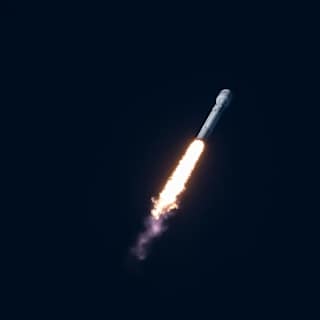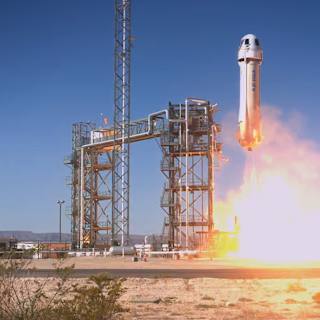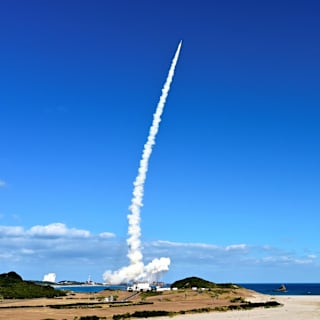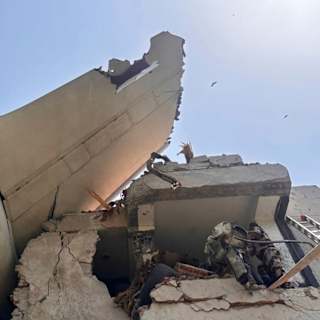- Historic Milestone for Three Nations
- Scientific Mission and Commercial Spaceflight
- Building Toward Commercial Space Stations
Four astronauts representing India, Poland and Hungary crossed the threshold of the International Space Station on Thursday morning, marking the first time citizens from these nations have set foot aboard the orbiting laboratory. The crew opened the hatch and entered the ISS at 8:14 a.m. EDT after their SpaceX Dragon spacecraft docked at 6:13 a.m., according to NASA.
The arrival represents a return to human spaceflight for the three countries after more than four decades, with each nation having last sent astronauts to space in the late 1970s and 1980s aboard Soviet missions.
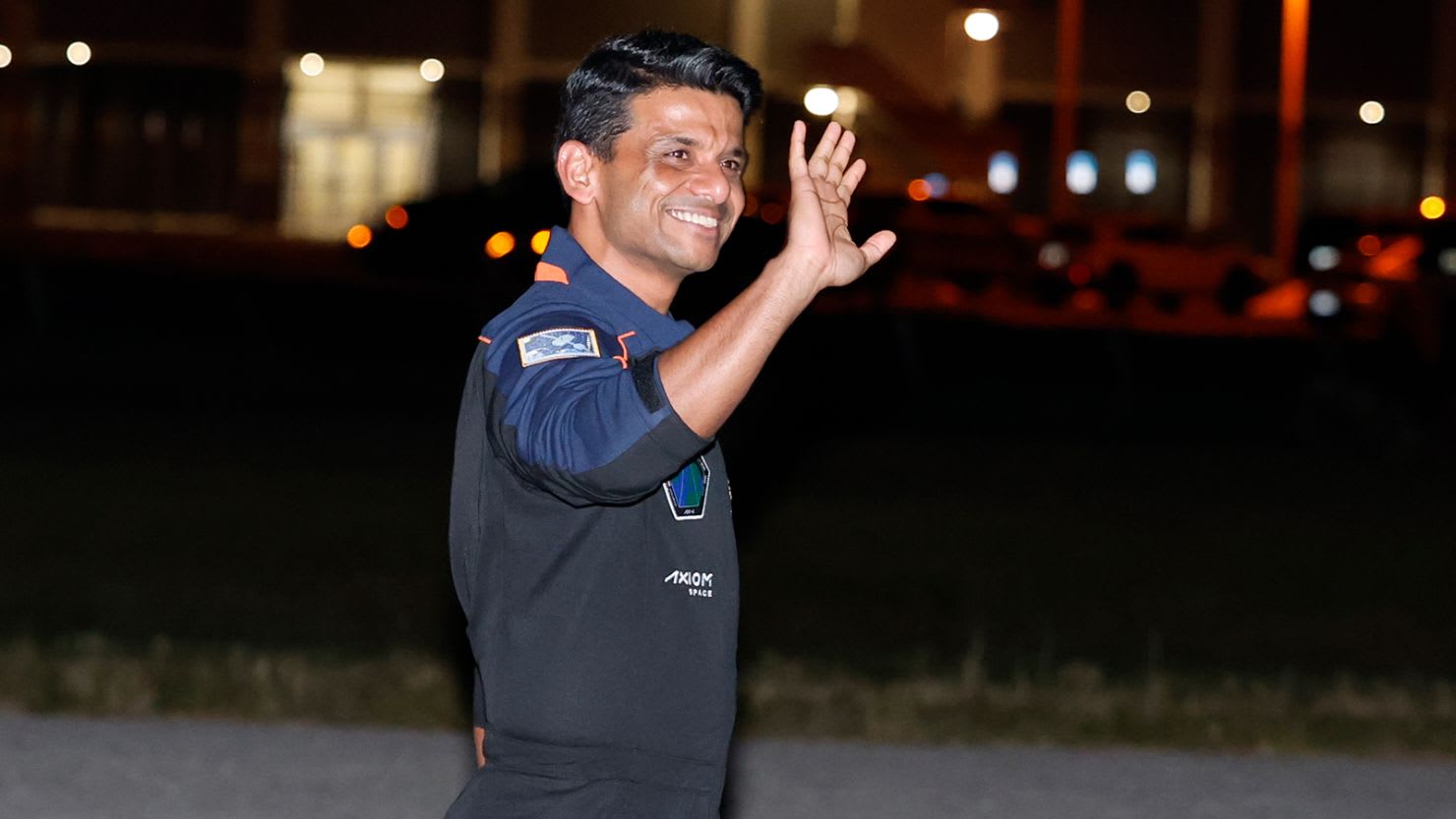
The Axiom-4 crew includes mission pilot Shubhanshu Shukla of India, mission specialist Sławosz Uznański-Wiśniewski of Poland, mission specialist Tibor Kapu of Hungary, and commander Peggy Whitson, a former NASA astronaut now working for Axiom Space12. During a welcome ceremony, Whitson presented her crewmates with official astronaut pins, declaring Shukla the 634th person to orbit Earth3.
"What a ride!" Shukla said, describing his first 24 hours in space as "an amazing feeling to be just floating in space." The Indian Air Force pilot added that he was "learning anew, like a baby, how to walk, to control yourself, and to eat and read"1.
For India, Shukla's flight marks only the second time an Indian has traveled to space, following Wing Commander Rakesh Sharma's mission 41 years ago1. Prime Minister Narendra Modi said Shukla "carries with him the wishes, hopes and aspirations of 1.4 billion Indians"1.
The crew will spend 14 days aboard the station conducting approximately 60 experiments focused on human research, Earth observation, and biological and material sciences12. The mission represents research initiatives from 31 countries2.
The launch faced multiple delays since its original May 29 date due to technical issues and concerns about pressure fluctuations in the ISS's Zvezda module, which had shown signs of leakage since 20193.
Axiom-4 is the fourth chartered flight to the ISS arranged by Houston-based Axiom Space since 20221. The company is developing its own commercial space station as NASA prepares to retire the ISS in 2030 after more than three decades of operation1.
"This mission shows that space exploration is no longer limited to a few nations — it's a shared effort that reflects the best of what we can achieve together," Whitson said before launch2.
